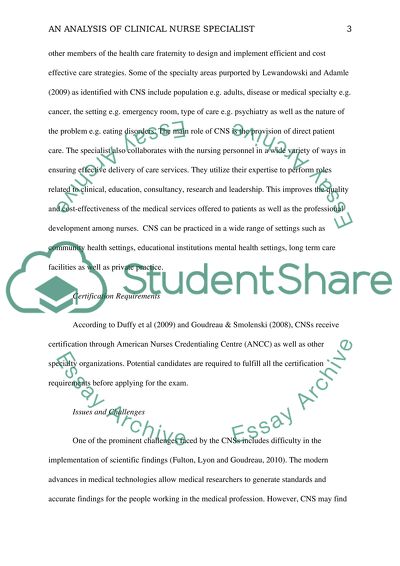Cite this document
(“Nursing Capstone: An Analysis of an Advanced Role in Professional Essay”, n.d.)
Retrieved from https://studentshare.org/nursing/1466286-ypnursing-capstone-an-analysis-of-an-advanced-role
Retrieved from https://studentshare.org/nursing/1466286-ypnursing-capstone-an-analysis-of-an-advanced-role
(Nursing Capstone: An Analysis of an Advanced Role in Professional Essay)
https://studentshare.org/nursing/1466286-ypnursing-capstone-an-analysis-of-an-advanced-role.
https://studentshare.org/nursing/1466286-ypnursing-capstone-an-analysis-of-an-advanced-role.
“Nursing Capstone: An Analysis of an Advanced Role in Professional Essay”, n.d. https://studentshare.org/nursing/1466286-ypnursing-capstone-an-analysis-of-an-advanced-role.


